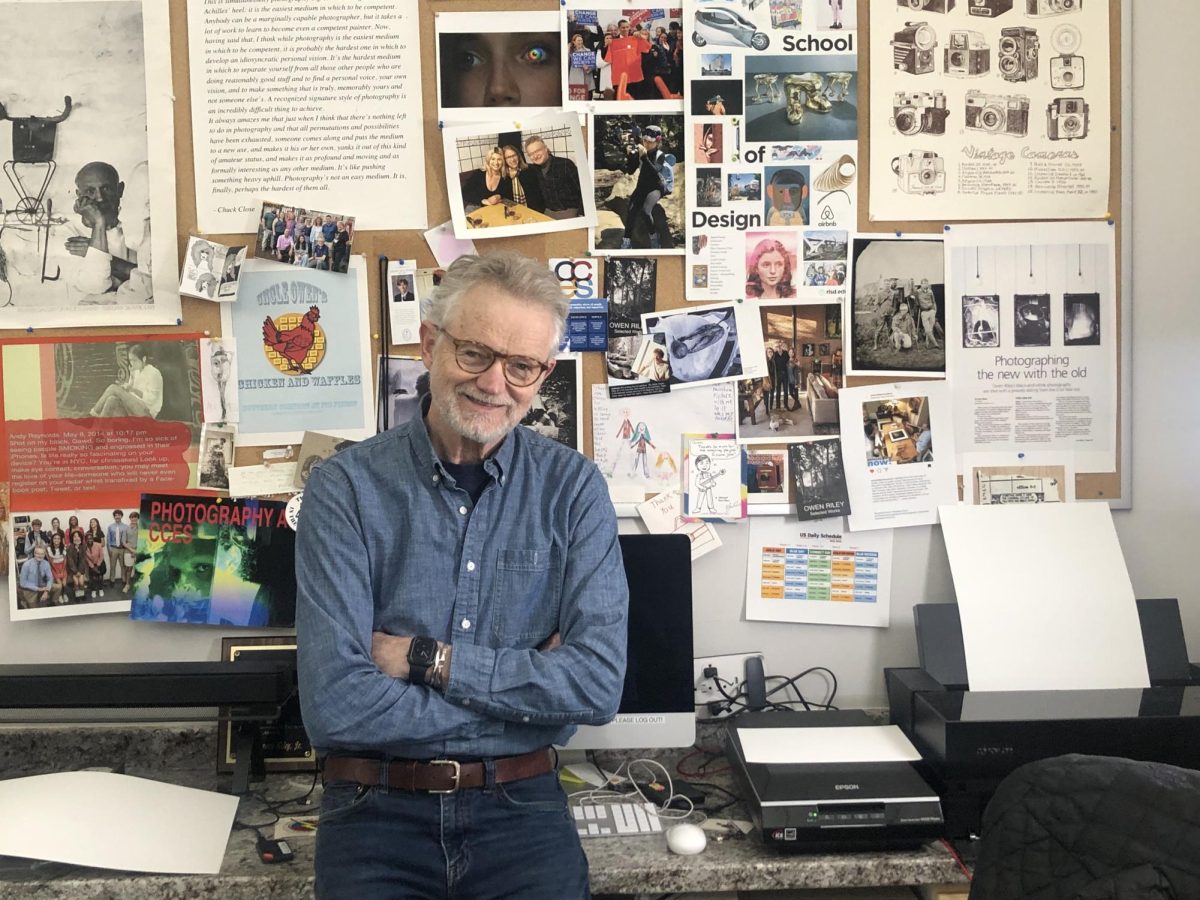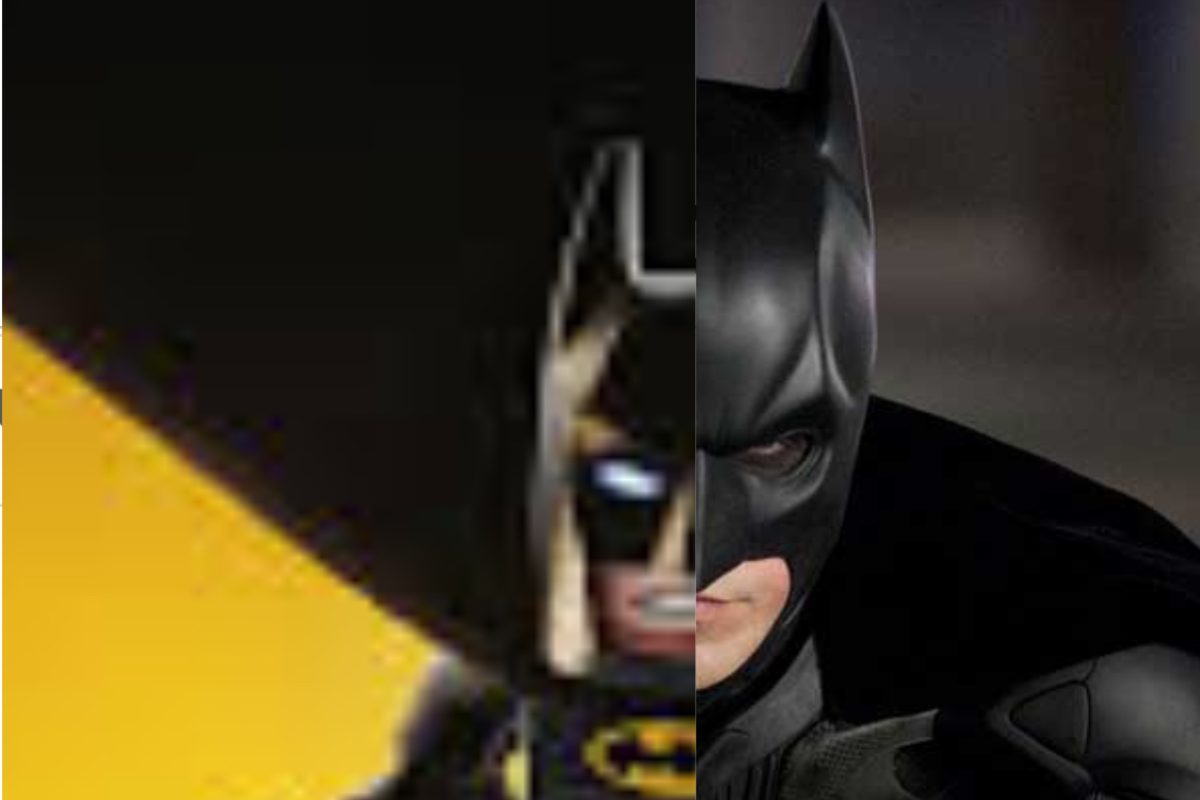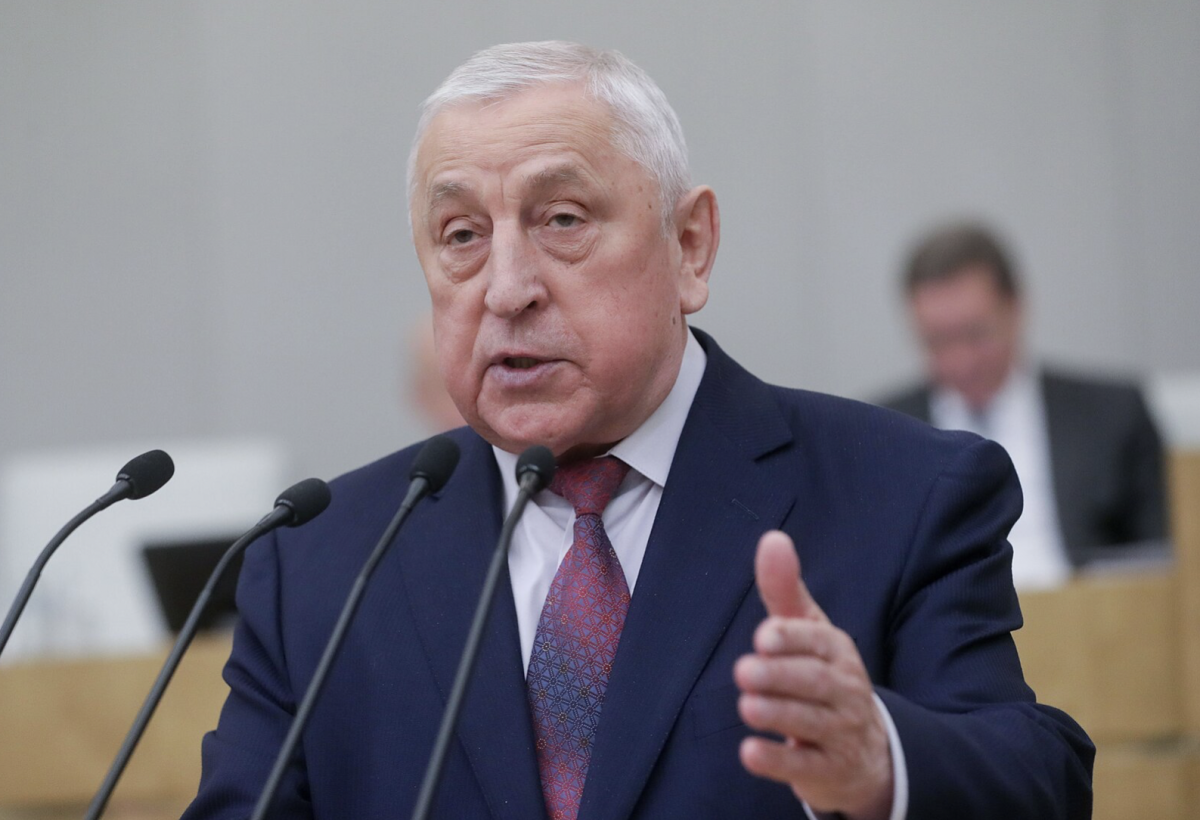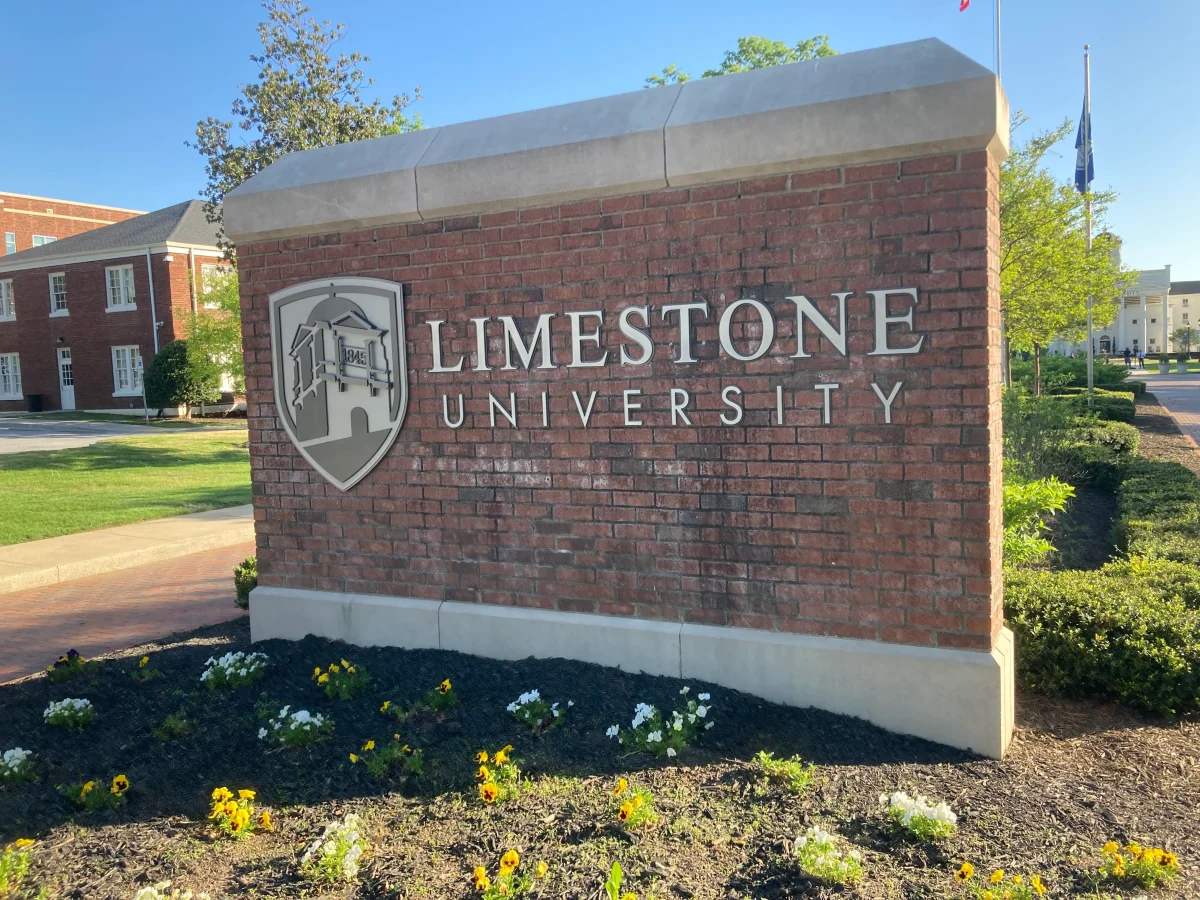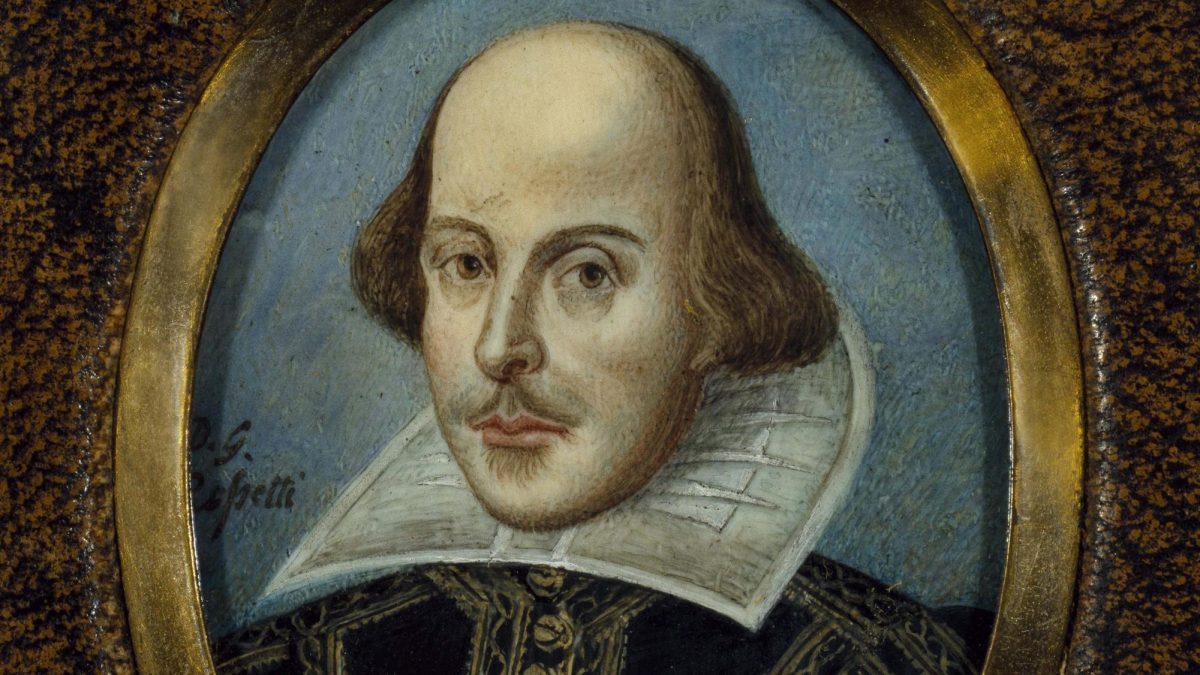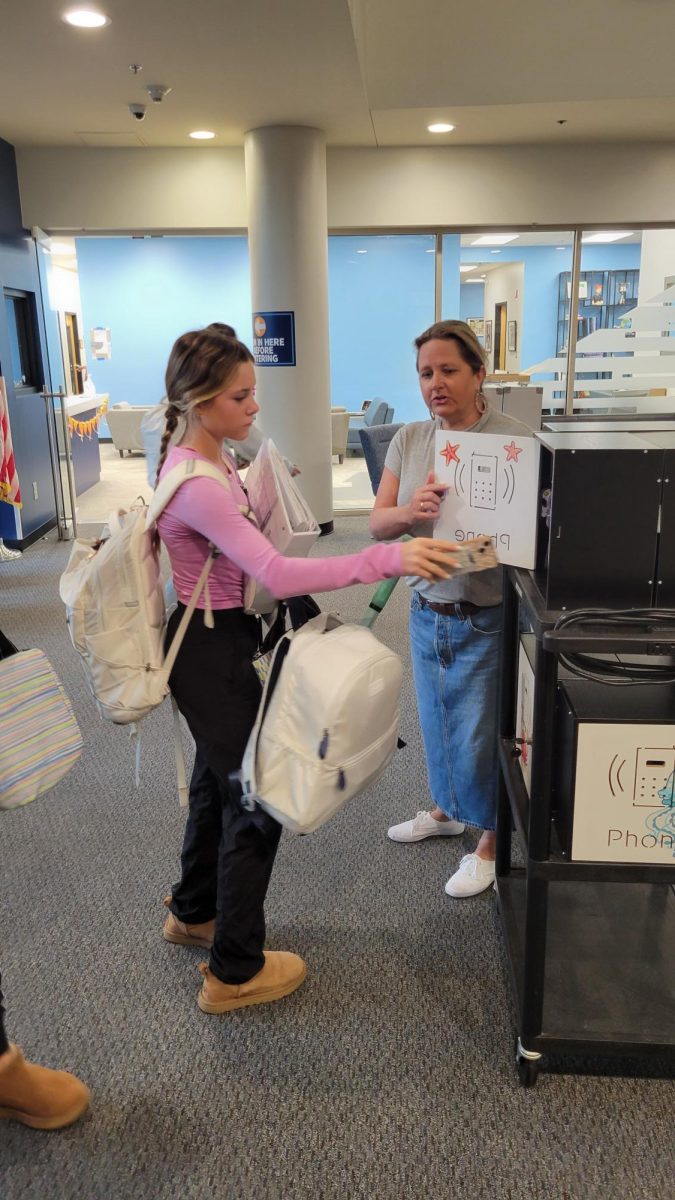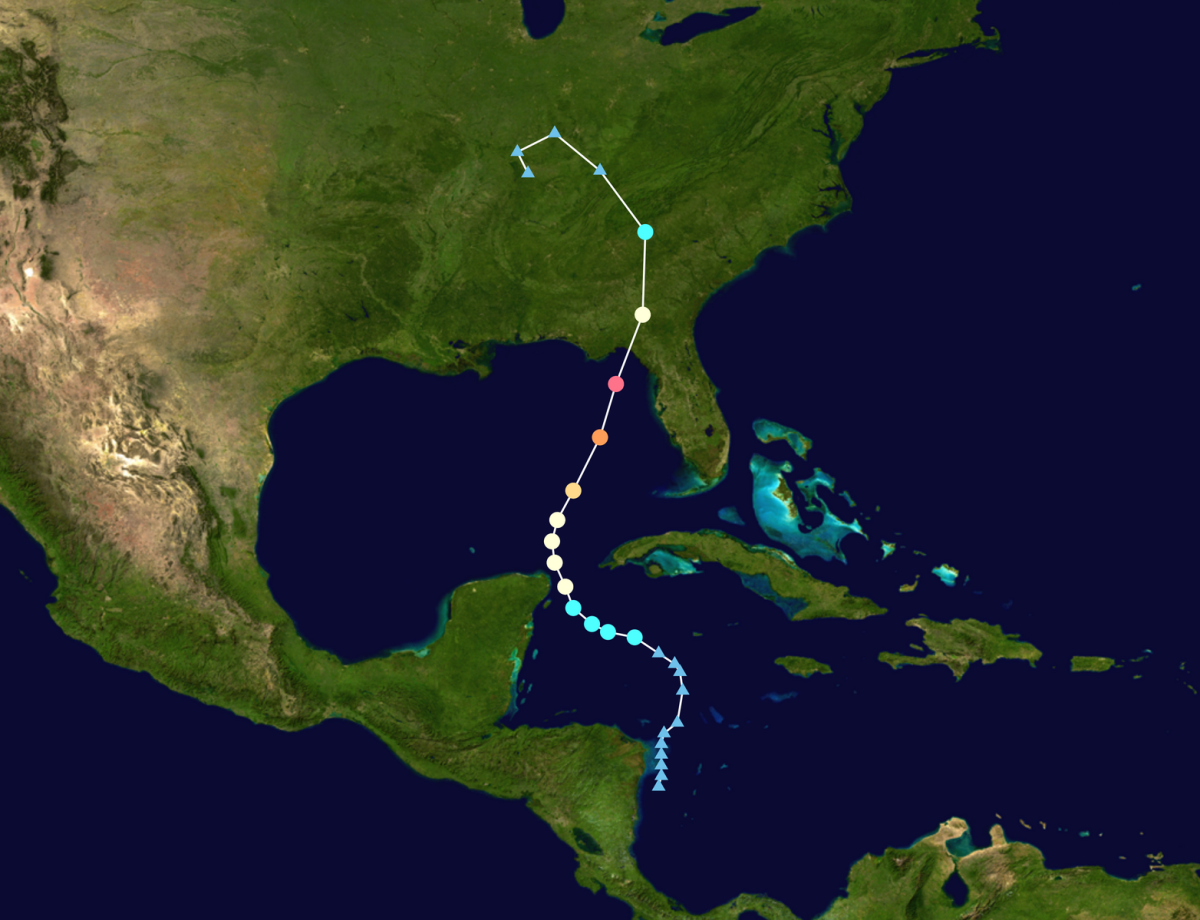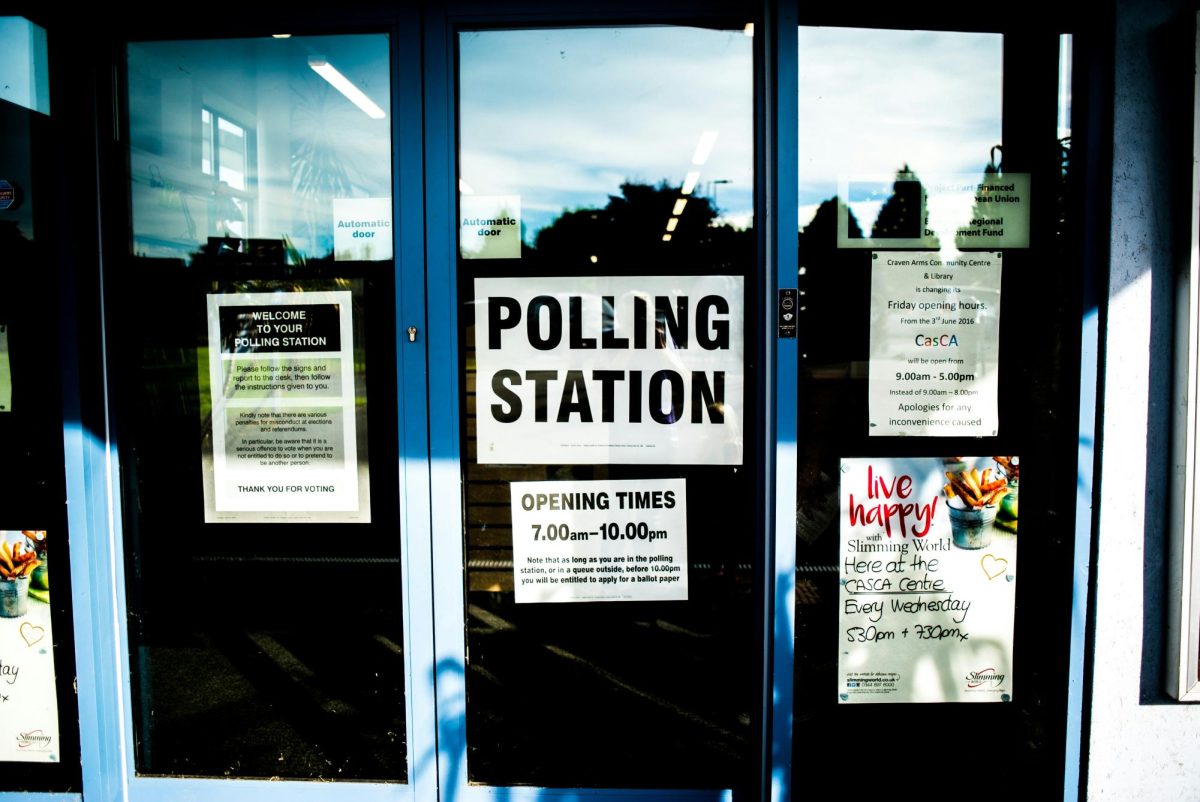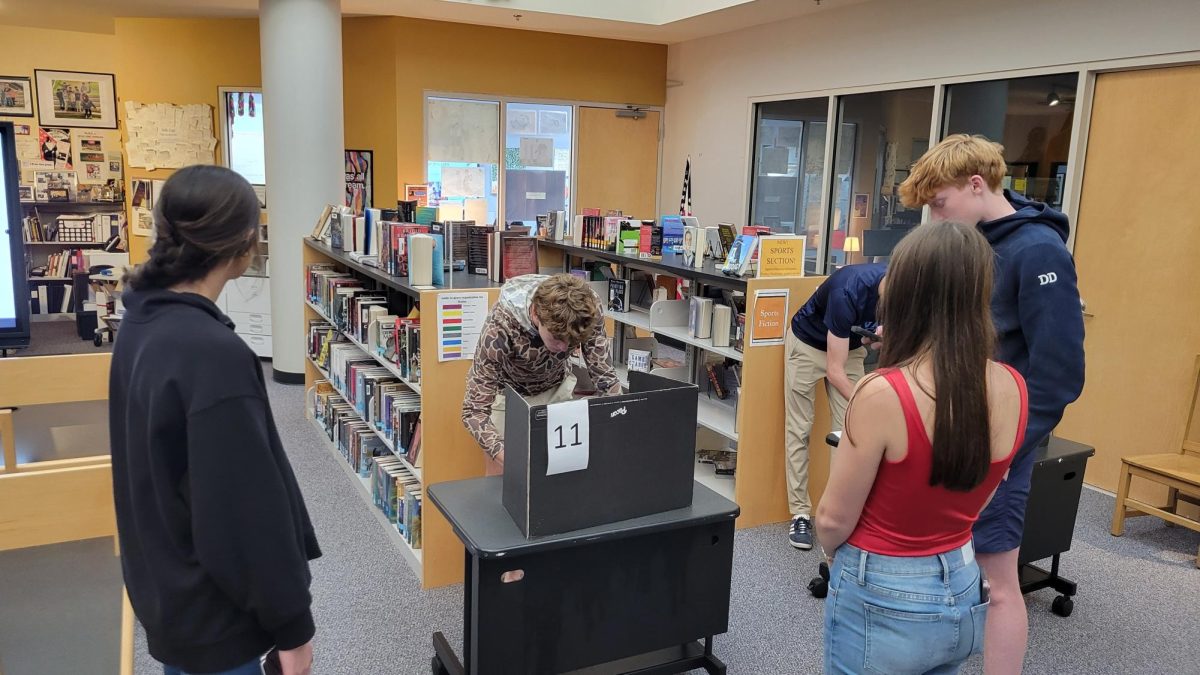How well do you know Mr. Riley? Mr. Riley has been a staple of the Christ Church Episcopal upper school for over a decade now. His photography classes are frequently filled to the brim with aspiring students seeking out the lessons from one of the most brilliant photographers in the upstate of South Carolina. But before his time at Christ Church, Mr. Riley experienced a rip-roaring career as a photojournalist for the Greenville News. Since this week is News Literacy Week, where aspiring journalists and newsreaders learn about the importance of ethical reporting and factual news, I decided to sit down with Mr. Riley and discuss his career, what he thinks about the future of journalism, and why he stays optimistic about the future of media.
Mr. Riley didn’t always plan to be a journalist or even a photographer. Originally studying for three years at Berry College to become a constitutional lawyer, Mr. Riley dropped out to pursue his passion for photography at the Maine Photographic Workshops in Rockport, Maine. He then returned to Berry College where he completed his bachelor’s degree in Fine Arts. After college, he rode a bicycle 4,400-miles across America. Mr. Riley worked at the National 4-H Center in Washington, DC, for one year and then attended the graduate school for journalism at UGA where he studied journalistic writing. For those unaware, UGA has one of the best journalism programs in the country. Eventually, Mr. Riley began his photojournalism career in Anderson, SC, and then moved to the Greenville News. For the next twenty-five years, Mr. Riley, in his own words, “covered everything from the pope, to politics, to rockstars, to George Clooney, covered funerals during the Iraq War, covered hurricanes, and covered the biggest shoot-out in South Carolina history.”
Mr. Riley spent 25 years at the Greenville News, becoming chief photographer during his time. Some of his coolest and most insane moments as a reporter included meeting then-Senator Barack Obama in early 2008 and covering the largest shoot-out in South Carolina history. Meeting the future president was a moment that stuck out to Mr. Riley. While it was only about a 45 minute meeting, President Obama’s charisma, that ray of hope that pushed him over the edge in 2008, was so evident to everyone else in the room.
On the other hand, covering the largest shoot-out in South Carolina history wasn’t as pleasant as shaking hands with Barack Obama. On December 8th, 2003, two men began violently resisting leaving their property for the purpose of a road widening. They shot and killed two officers and engaged in a stand-off for the next 14 hours. Mr. Riley was as close to the action as a reporter could get, recalling that his wife could hear the popping of gunfire in the background of his call home telling her it was going to be a long night. As he recalled during our interview, “There were thousands of live rounds going at once. They sent in one of those bomb defusing robots and the shooters actually blew it up. The entire home was littered with bullet holes, thousands of them.”
While those are just two of the many stories Mr. Riley reported on, he knew he wanted to shift his career to teaching so he left the Greenville News to attend graduate school in art at Clemson University where he taught and received his MFA in photography. Originally aspiring to become a college professor, Mr. Riley found his niche at Christ Church and has remained for 12 years. Now that I knew a little bit more about Mr. Riley’s career in journalism, I wanted to know his thoughts on the future of news, what he thinks about the spreading of misinformation, and if he had any tips for future journalists.
When asked how news gathering and reporting has changed over his career and since he left the Greenville News, Mr. Riley said, “I think at its core: traditional news operations are still doing traditional journalism.” However he does worry about the role of local journalism in the age of opinionated journalism: “I do worry about local journalism. I think it’s a scary time for small towns and cities because they don’t have the financial resources to run a good newspaper now. We have no idea who our school board is, we have no idea who our county and city councils are, it’s a recipe for disaster. I don’t think people realize how important journalism was and is for holding people accountable for good and bad things.” Mr. Riley discussed how the newsroom functioned during his time at the Greenville News. The Op-Ed writers were on one floor, the traditional reporters on another. While the writers were friends and discussed stories together, they never mixed in their reporting because it would insert bias into a story. That, to Mr. Riley, was breaking the golden rule of reporting.
In the age of social media and lightning quick news popping up as a notification on your phone, the art of great, unbiased journalism has seemingly fallen by the wayside. News is now for clicks and entertainment. I asked Mr. Riley what advice he would give to people concerned about misinformation and spreading it unknowingly. Mr. Riley, in a rather coy manner, responded “I don’t really have any tips because it is impossible to combat these things. The speed at which things can travel on the internet allows it to flood people’s minds. You have to be super aware of if something is fake or real. It’s the speed of light.” Despite Mr. Riley not having a ton of advice for combating misinformation, he is still hopeful for the future of reporting and journalism itself. Mr. Riley believes “There will always be people who care about real journalism, people who really care about the truth, write the truth, video the truth. They may be a little person in a giant field of people, and they may be the only ones speaking the truth. They have a moral obligation to tell the truth. They may even risk their lives to tell the truth, just as people who go to war or save people in fires. There will always be gutsy people who will go into the fire, into places where people hate you, and report the truth.”
Mr. Riley is truly one of the most fascinating individuals I have had the pleasure of meeting at Christ Church. His experience in the fields of journalism and photography have made him a celebrated figure in our community. If you ever get a chance to visit with Mr. Riley, whether that be in the hallway or out in the greater Greenville area while he is on one of his frequent 50 mile bike rides, take that chance and run with it. Who knows, maybe you can learn a little something about journalism from Mr. Riley. I sure did.

